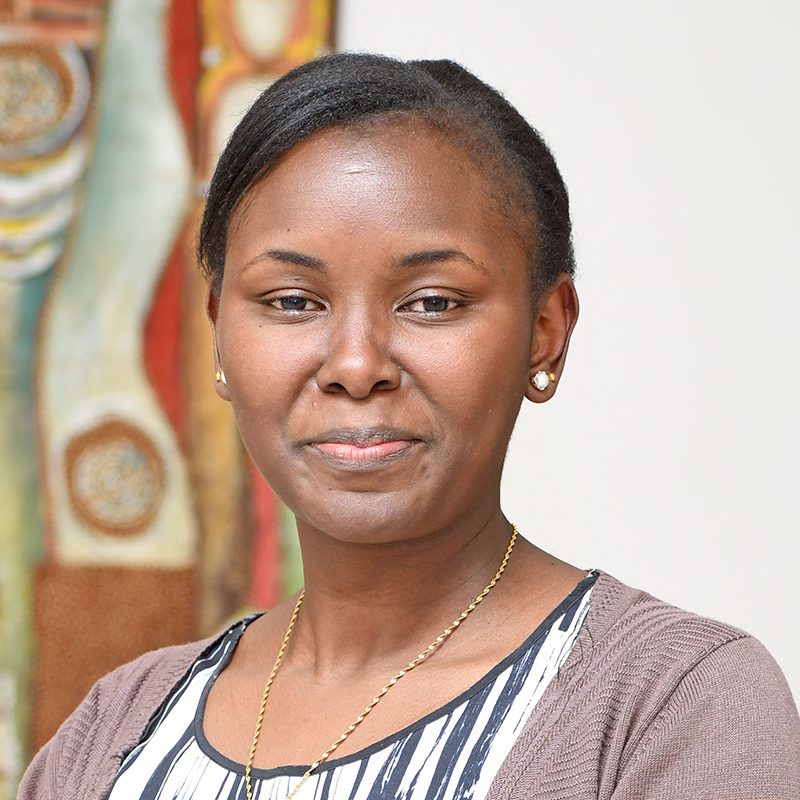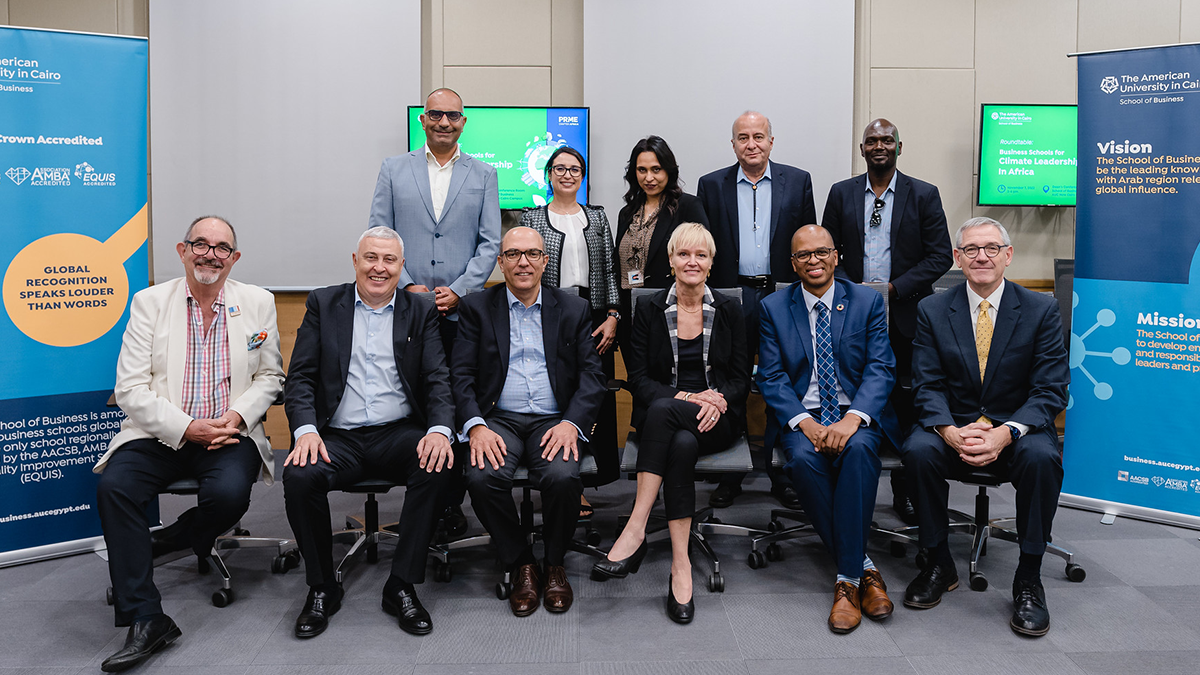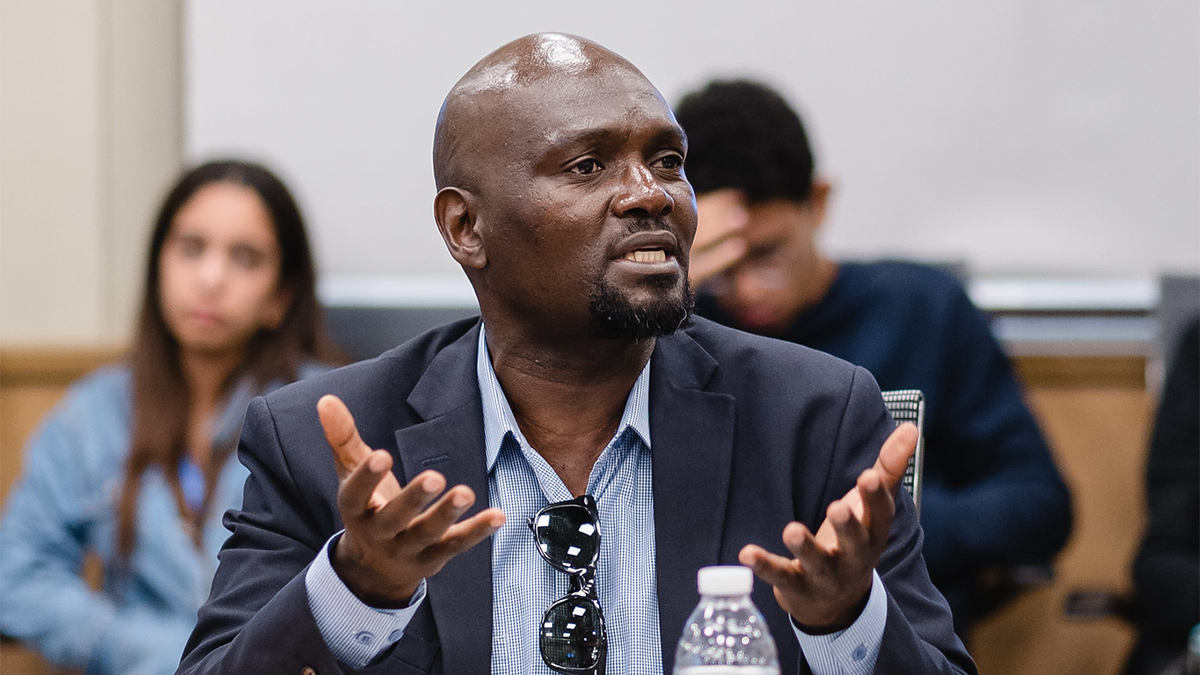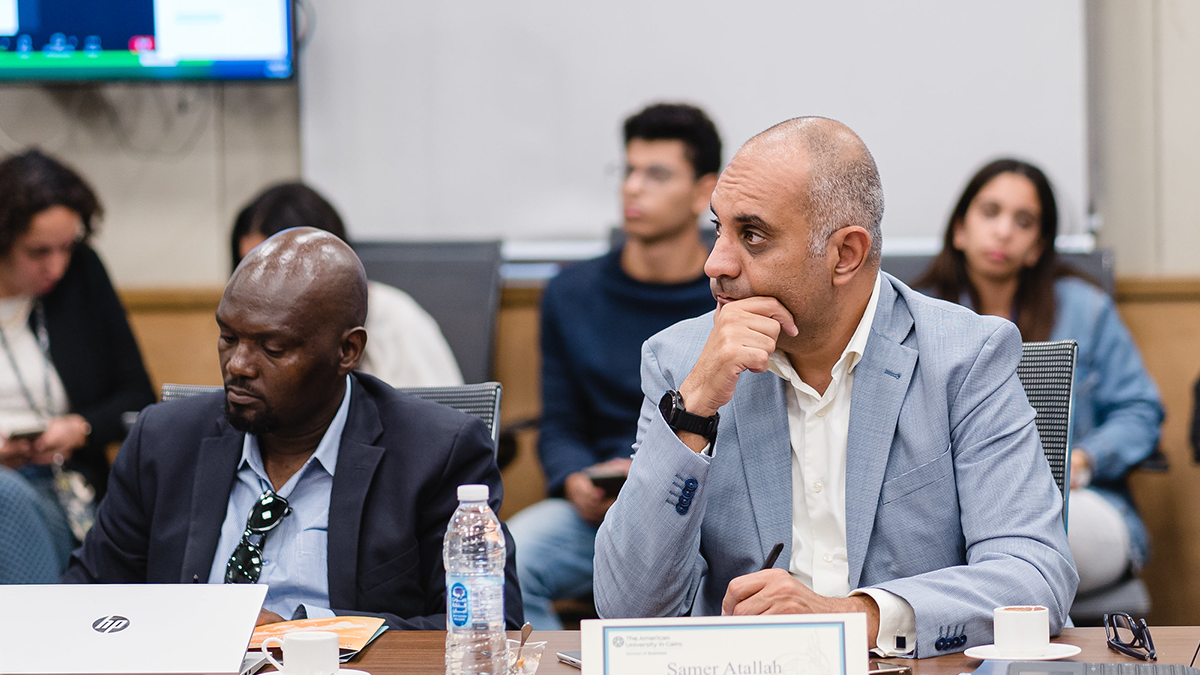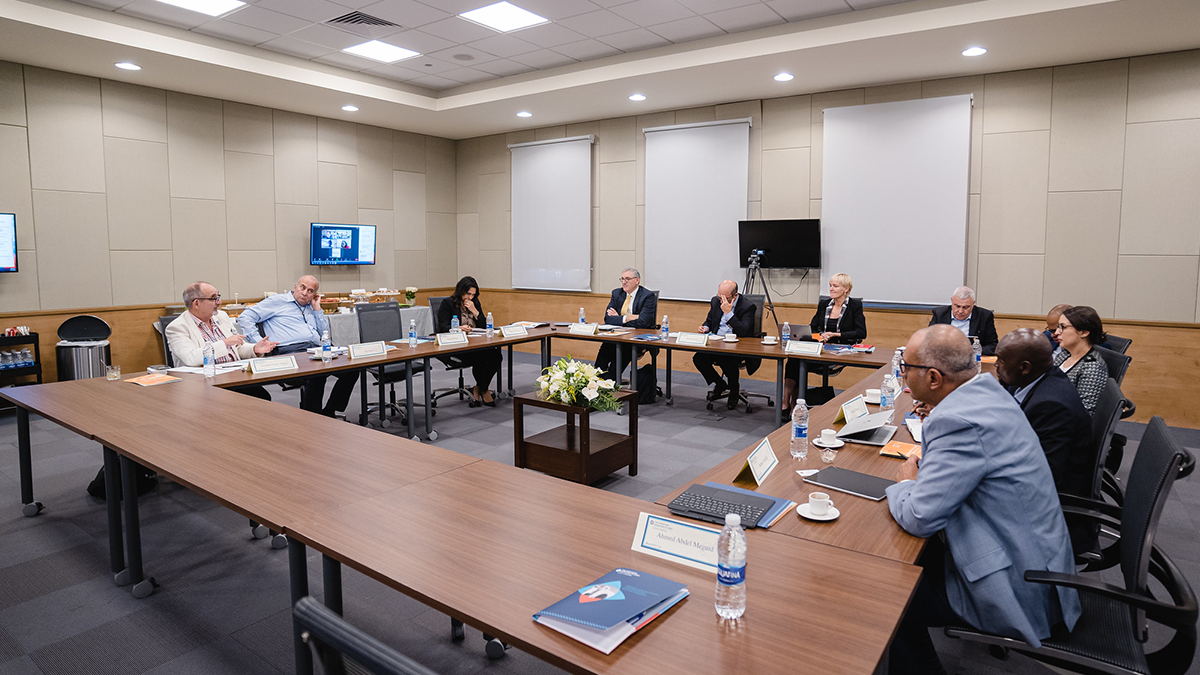Accelerating Climate Action in Africa: Business Schools for Climate Leadership
Africa accounts for the smallest share of global greenhouse gas emissions, at just 3.8 per cent, in contrast to China which contributes to 23 per cent, and the United States of America at 19 per cent. The European Union on the other hand contributes 13 per cent. Yet the continent is the most vulnerable to the effects of climate change.
Over the past few years, the continent has had significant changes in weather patterns and other extremes which have already been seen to have adverse social, economic and environmental impacts.
African governments and business leaders must recognise and implement actions to reduce the negative impacts of climate change while taking advantage of potential new opportunities. This will involve changes and adjustments to policies and actions to better prepare for expected changes in climate.
Business schools in Africa are joining in the urgent call for more ambitious climate action during the COP27 Summit by recognizing the critical role that higher education can play in addressing climate change and its associated challenges. It is against this backdrop that the AUC School of Business hosted a roundtable for deans of six leading African business schools and representatives from the African Chapter of the Principles for Responsible Management Education (PRME) where they deliberated and launched the new initiative Business Schools for Climate Leadership (BS4CL Africa). Other participants in the discussions included academics and thought leaders representing PRME, The Financial Times, the Association of African Business Schools (AABS), the United Nations Framework Convention on Climate Change (UNFCCC), and Business Schools for Climate Leadership (BS4CL).
Dr. David Chiawo, Dean of Strathmore University School of Tourism and Hospitality, participated in the roundtable, representing Strathmore University Business School and the International Foundation for Science. Among the issues in the IFS climate strategy that he tabled for possible collaboration include food security, human health, biodiversity loss & ecosystem health; impacts of drought, water scarcity, green energy, climate policy implementation & knowledge dissemination.
The International Foundation for Science has for the past 50 years supported scientists from low and lower-middle-income countries to contribute to global research and is committed to working with the Association of African Business Schools to reduce poverty and support sustainable development in Africa.
The BS4CL Africa initiative brings together schools of business in building a collaborative framework for climate action to transform business education curricula to match the needs and adapt to the realities of the African continent. The initiative will also invite contributions from the private sector and civil society and will mirror the ambitions of the UN Climate Conference (COP27).
The most prominent global policy responses to climate change are currently covered by the United Nations Framework Convention on Climate Change (UNFCCC), the Sustainable Development Goals (SDGs), and the Sendai Framework for Disaster Risk Reduction (DRR). Together, these frameworks provide the foundation for sustainable, low-carbon, and climate-resilient development pathways, which have been least implemented in Africa. Pursuing climate action in Africa by strengthening capacity in Climate Leadership offers an integrated, coherent, and strongest approach to enable African countries to achieve their objectives efficiently.
The Climate Leadership Executive Programme at Strathmore University Business School is designed to build the critical mass of climate leaders in Africa to effectively engage in national, regional, and international climate change actions and climate policy discourse accelerating the transformation of climate change policy to action.
November intake for the Programme is ongoing!
Learn more here
Article by Juliet Hinga
Would you like to share an article? Write to us at sbscommunication@strathmore.edu
Share This Story, Choose Your Platform!
Your journey to business excellence starts here. Subscribe today and be at the forefront of innovation and leadership.

